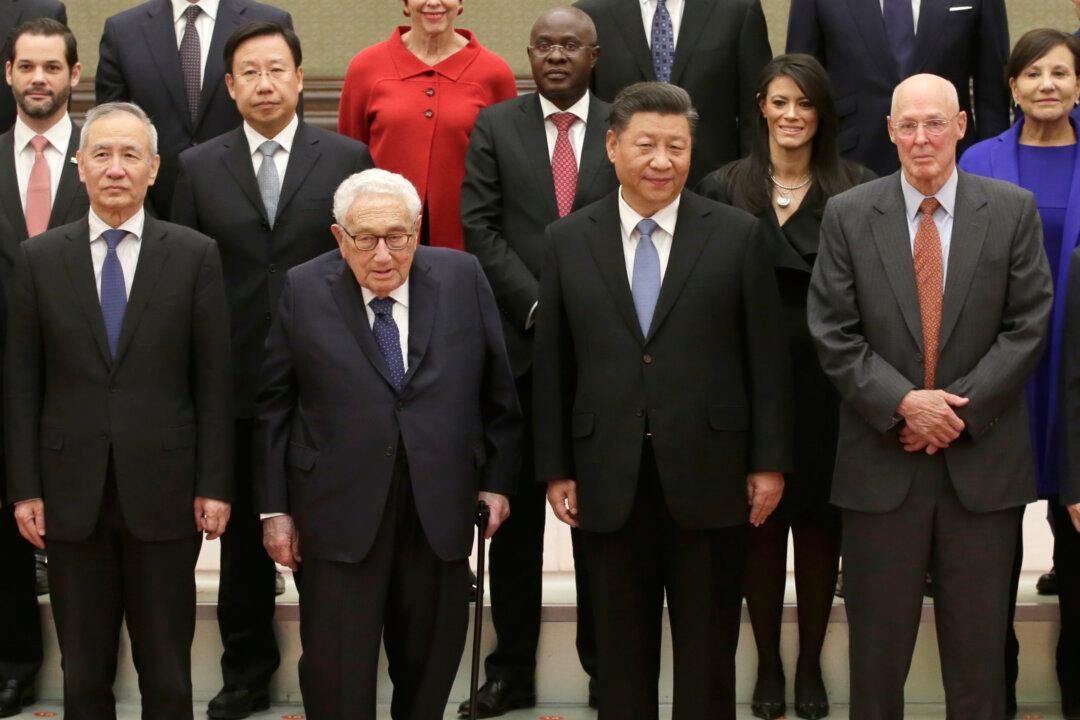Beijing’s well-documented abusive trade practices, human rights abuses, and territorial aggression have been hard to curb partly because of a lack of alignment between the political and military leadership of democratic nations, on the one hand, and Western business elites engaging in trade with China, on the other, said panelists at a hearing held by the American Enterprise Institute think tank on June 14.
American and European executives tend to allow Beijing’s leaders to lull them into a sense that China’s government is their friend, and changing this false sense is of paramount importance for taking effective action against the Chinese Communist Party’s (CCP) aggression and protecting the national security and economic and political interests of Western powers, the experts said.





